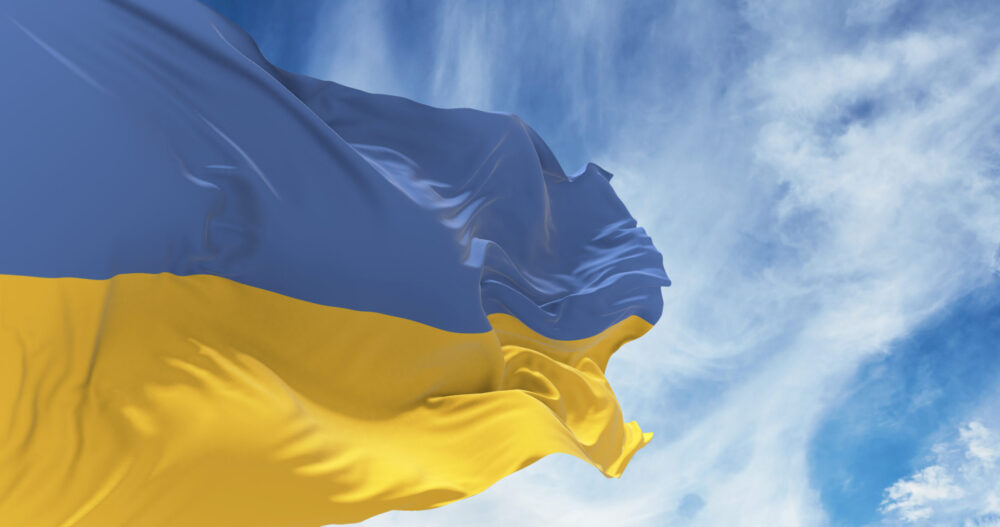OU News
News from The Open University
- Home
- Russia’s militarisation of young Ukrainians risks long-term peace: academic comment
Russia’s militarisation of young Ukrainians risks long-term peace: academic comment
Posted on • Arts and social sciences, Society and politics

While decisionmakers in Europe and the US wrestle with a roadmap to lasting peace in Ukraine an Open University academic says they need to understand the future threat posed by Russian militarisation of young people in occupied territories.
As we approach the third anniversary of the war, Dr Precious Chatterje-Doody says Russia is attempting to enforce physical and social control using an “aggressive programme of militarised re-education and propaganda that’s been occurring in the occupied territories of Ukraine”.
The Senior Lecturer in Politics and International Studies, whose research encompasses Russian information and disinformation, said: “The Russian government has been teaching children here practical military skills and illegally forcibly removing children to Russia.
Impact for lasting peace
“What it’s doing here is setting up the ideological conditions for a continuation of this conflict among future generations and this could have a real impact on the potential for a lasting peaceful settlement to this war.”
She points to evidence gathered by a project called “Where Are All Our People” (WAOP), set up by a Non-Governmental-Organisation called PR Army made up of communications professionals.
Numbers vary but information from the European Parliament Think Tank and WAOP’s own website suggest the number of Ukrainian children relocated against their will ranges from between 210,000 to potentially 250,000 or more.
Large-scale forced deportations
She added:
“Transferring children across borders in this way constitutes a war crime, which is the reason that the International Criminal Court (ICC) issued arrest warrants for Vladimir Putin and his Children’s Commissioner, Maria Lvova-Belova, in 2023.”
WAOP aims at uncovering evidence of these large-scale forced deportations of Ukrainians to the Russian Federation and the Republic of Belarus by Russian occupation forces.
It goes further and says: “This mirrors historical practices from both the Stalinist and Tsarist eras, designed to reshape entire societies as a means of exerting social and physical control.”